1960s
Miss Fluffy Rice
She was an animated corporate mascot, but her name also alluded to all the "miss" titles popular at the time. Thankfully the ad men didn't put her in a bikini. Though she is topless, which is a bit risqué.
Ladies' Home Journal - Feb 1962

Oakdale Journal - Sep 10, 1959
Posted By: Alex - Sun Feb 04, 2024 -
Comments (2)
Category: Advertising, Corporate Mascots, Icons and Spokesbeings, 1960s
Roll Rock ‘n Roll That Hula Hoop
The creators.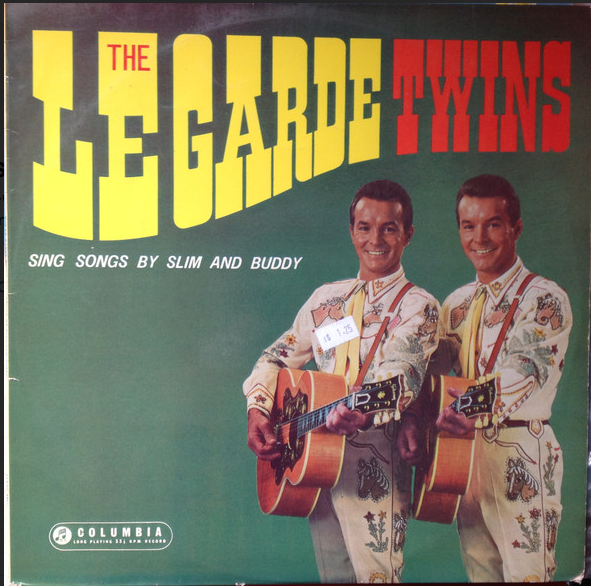
Posted By: Paul - Sat Feb 03, 2024 -
Comments (0)
Category: Fads, Music, Toys, Twins, Lookalikes & Doppelgangers, 1960s
You Are All Alone
Several famous works of science fiction, horror and fantasy play with the solipsistic notion that only certain individuals are "real," while the rest of the world is fake. One of the best such tales is Fritz Leiber's highly recommended "You're All Alone," depicted below.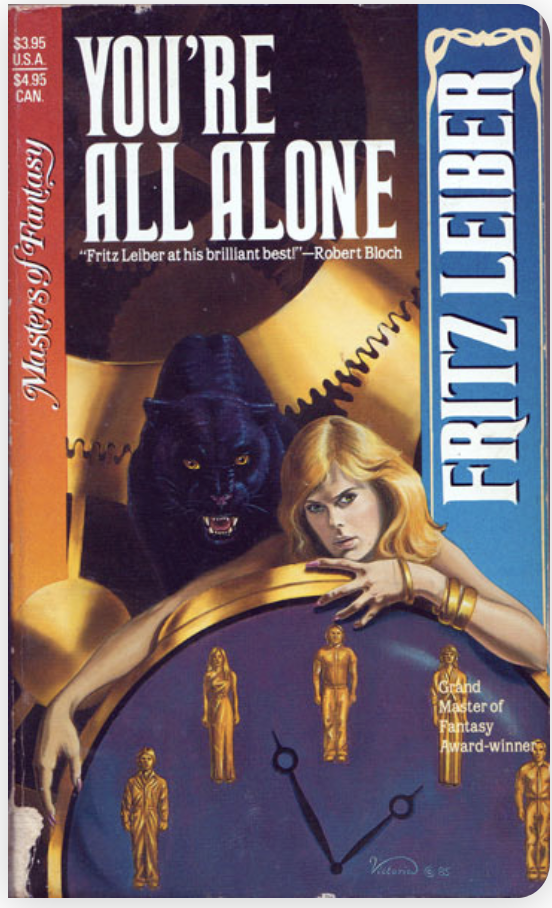
But it seems weird for an ad campaign to promote such a notion, as Van Heusen shirts did in the late 60's. A critical survey explains:

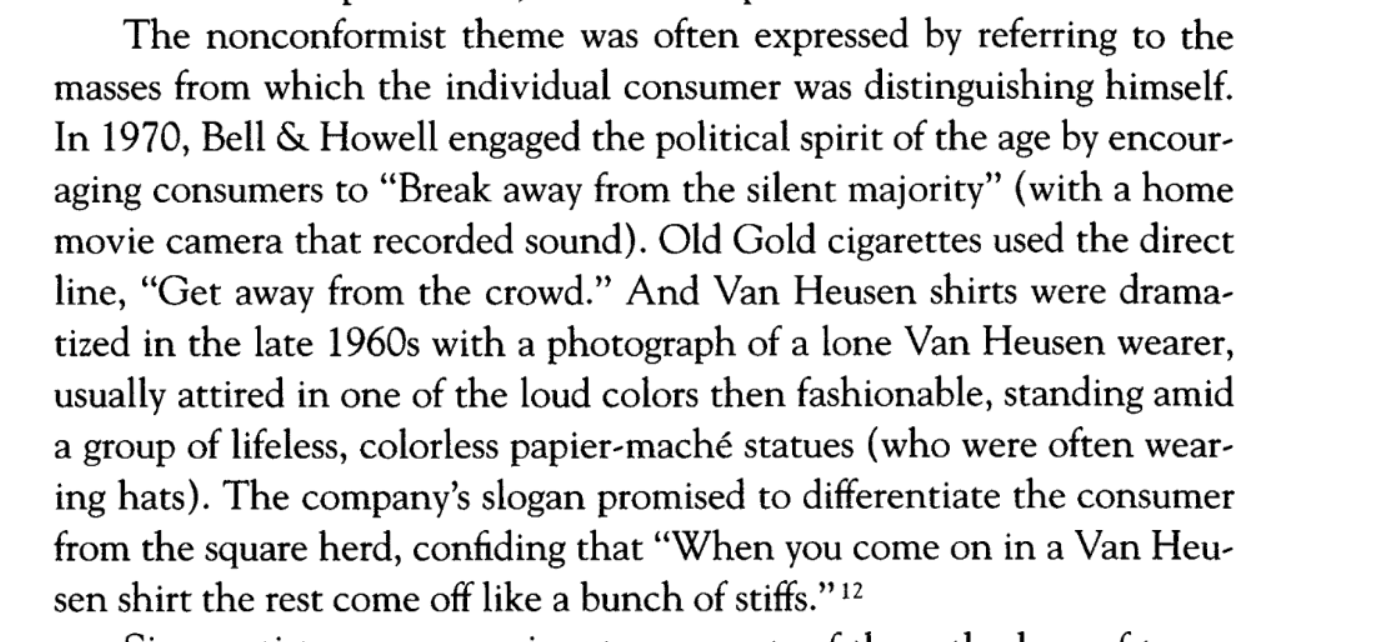
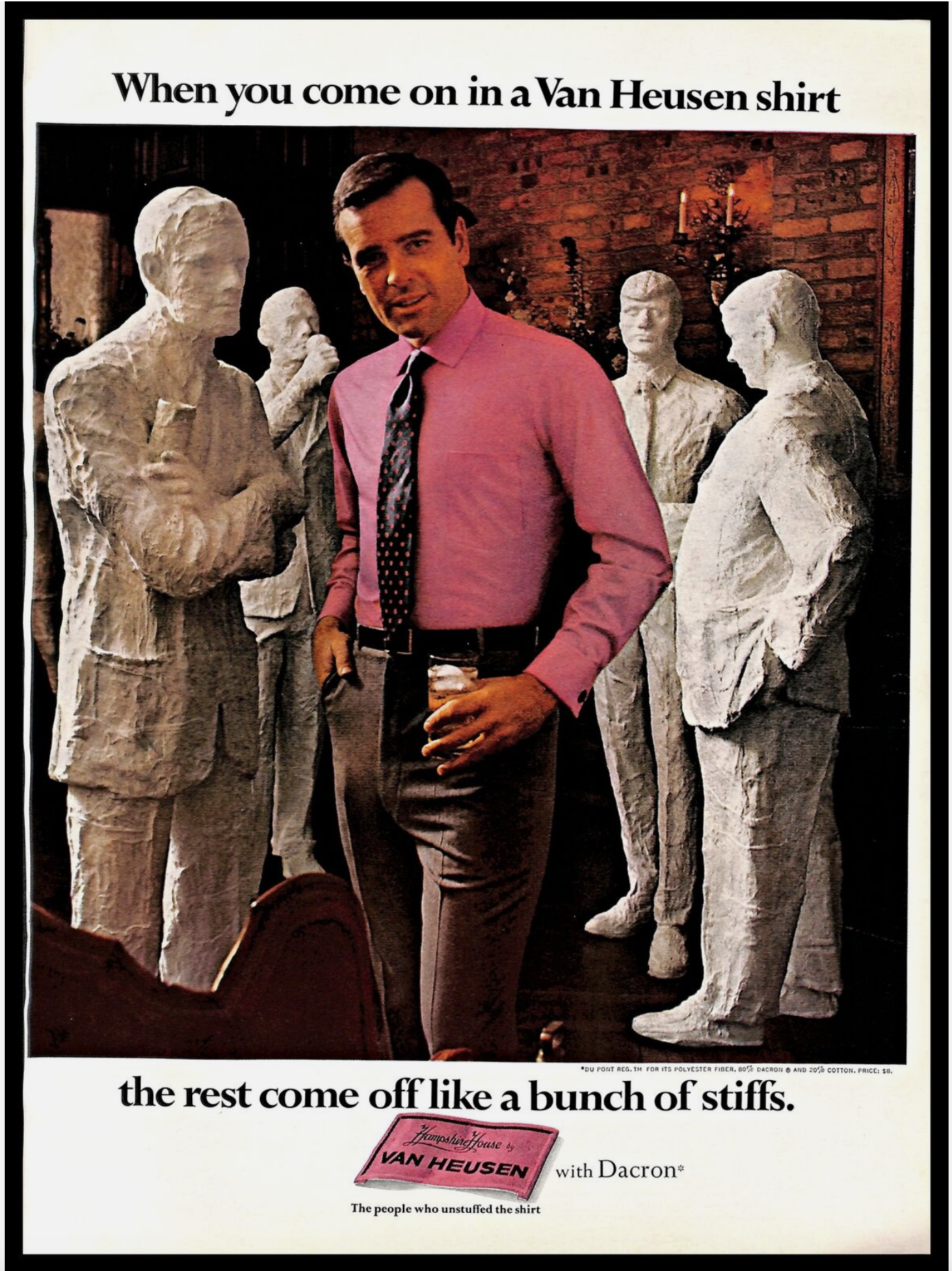
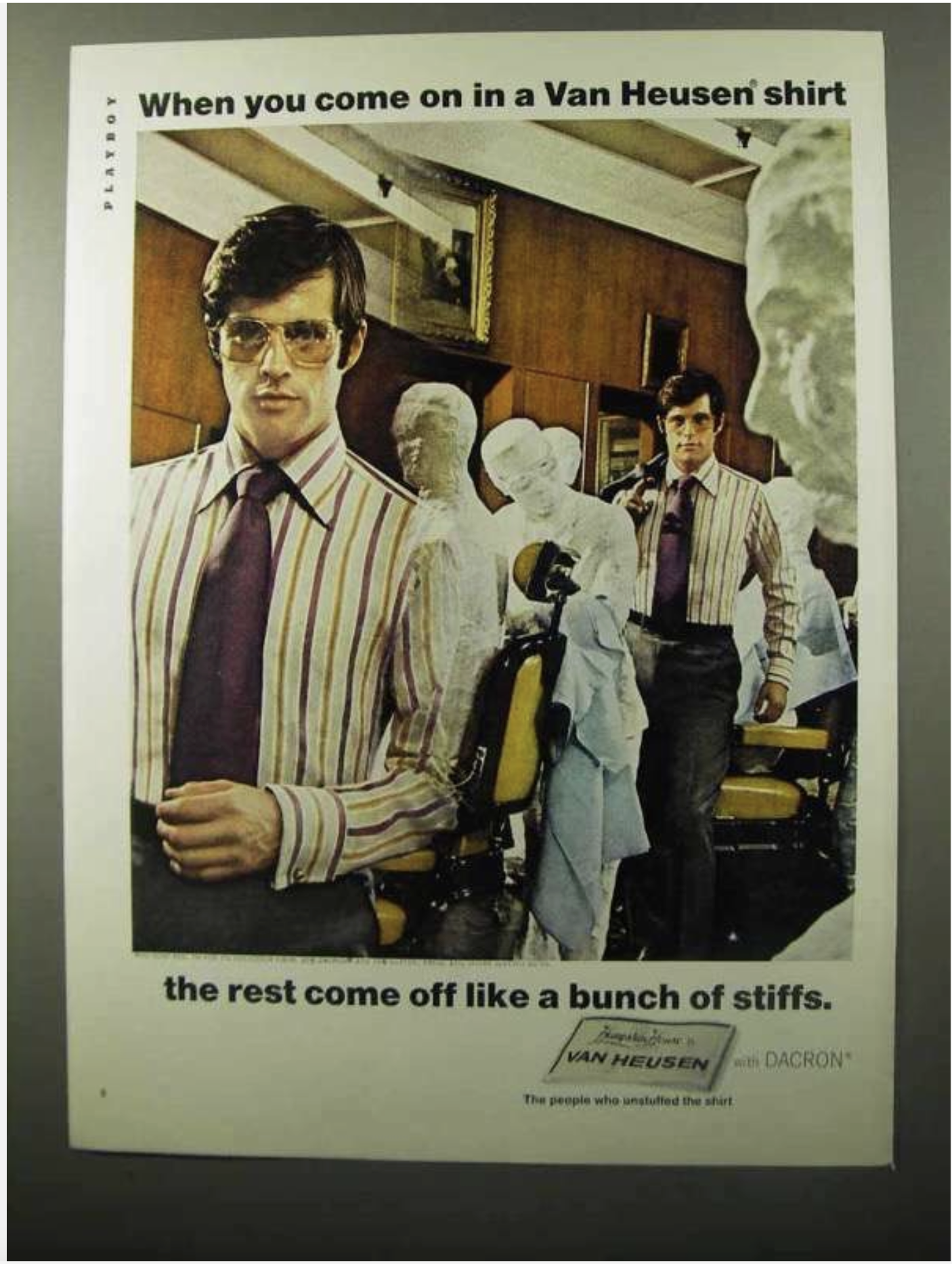
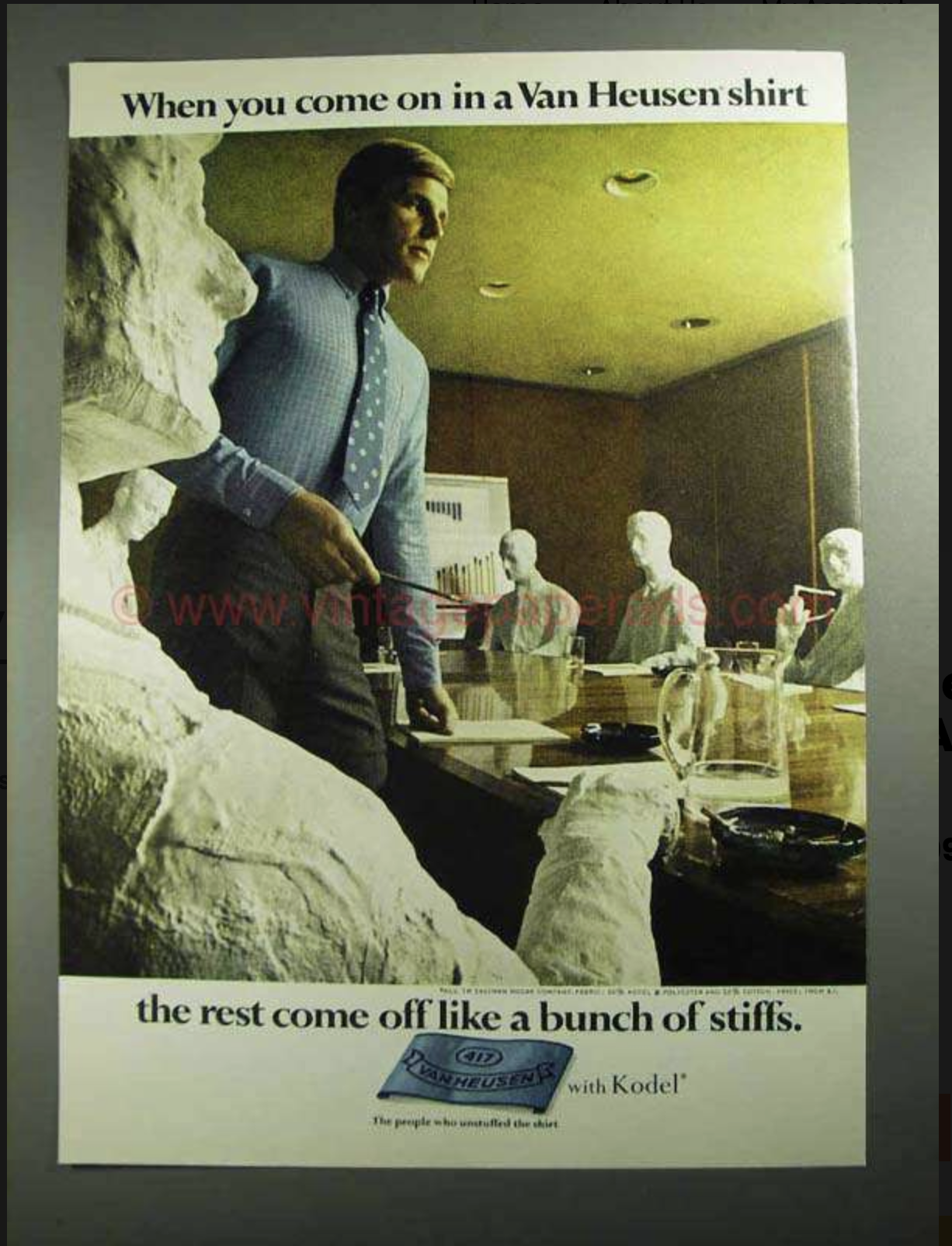
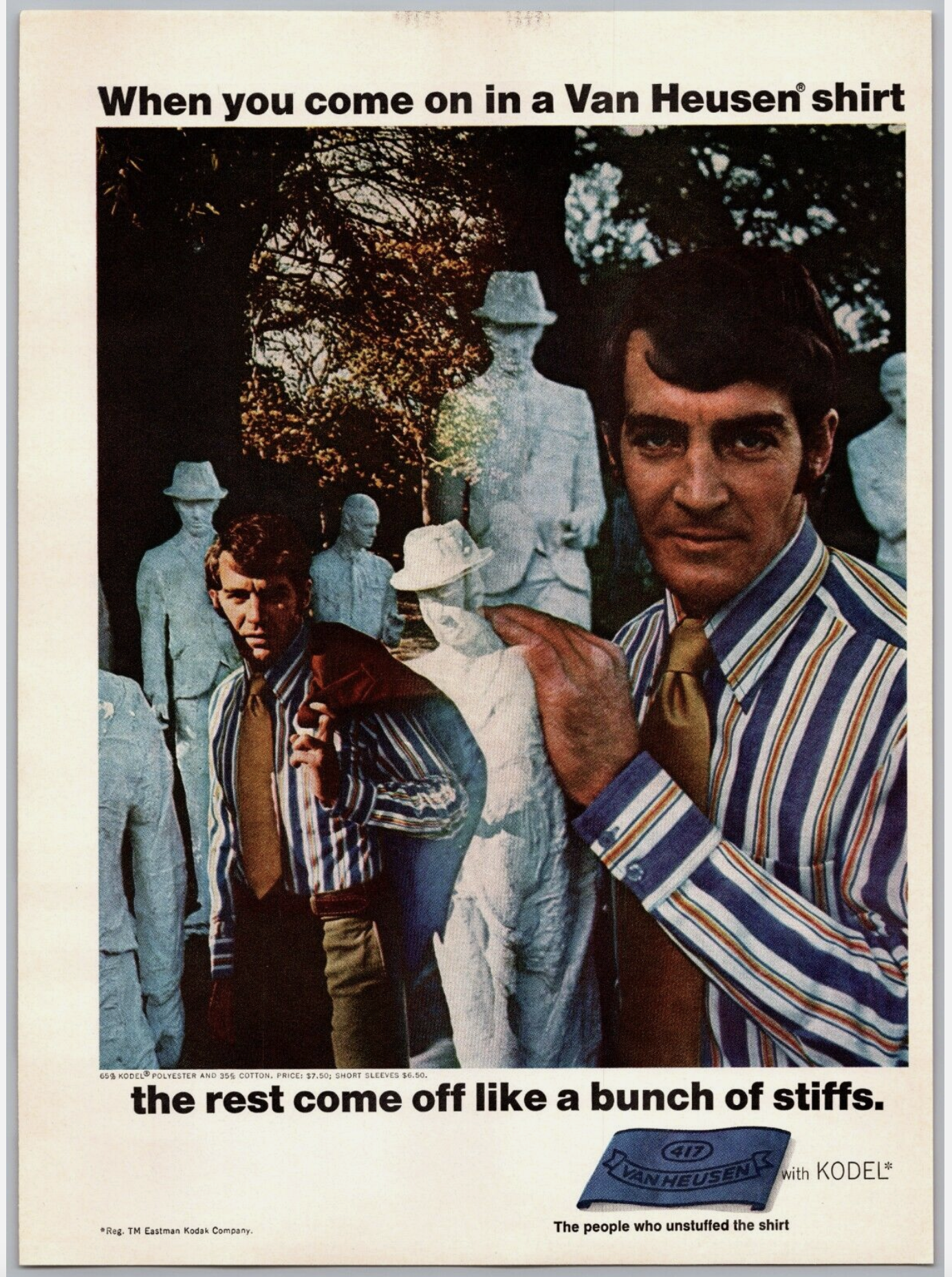
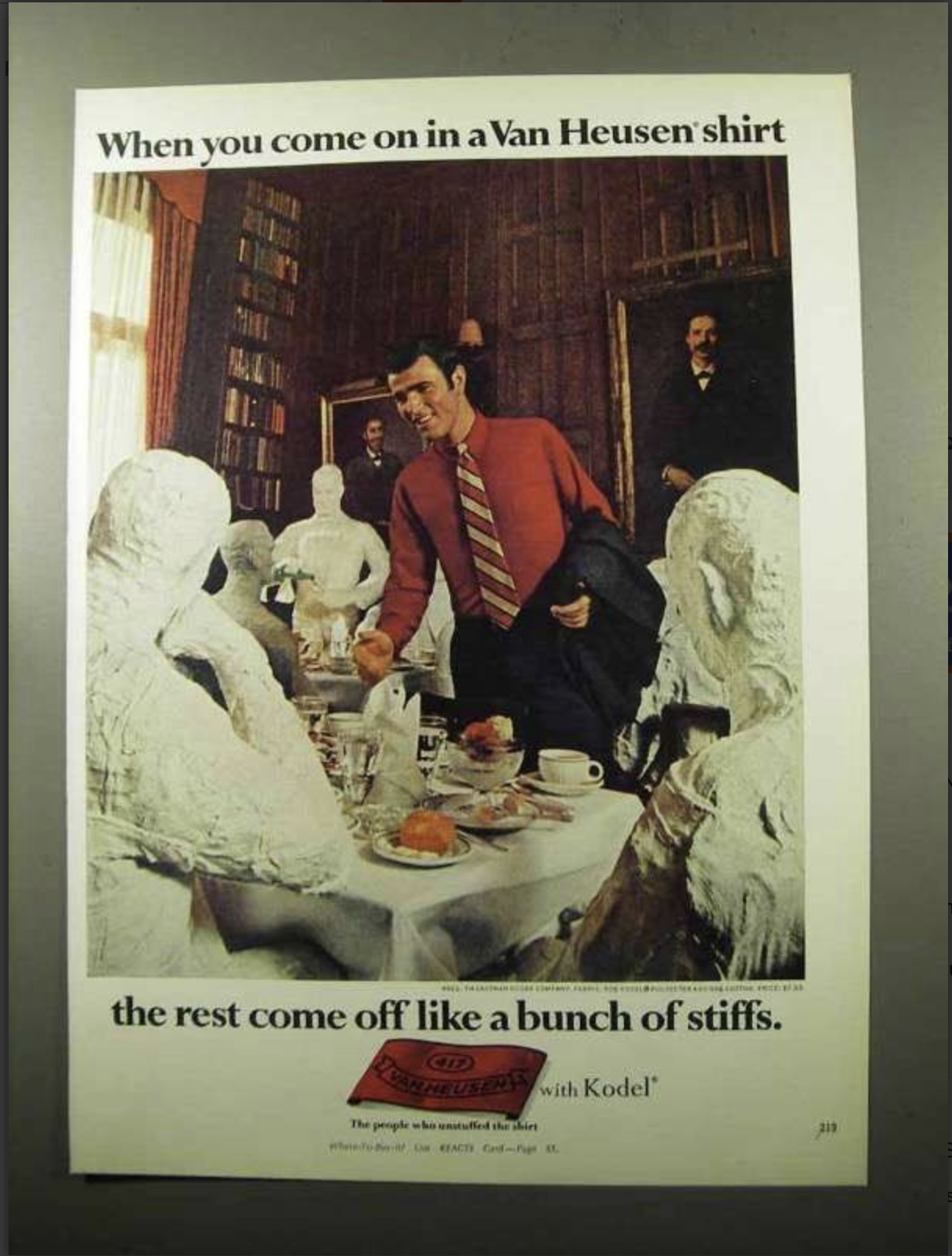
Posted By: Paul - Thu Feb 01, 2024 -
Comments (1)
Category: Fashion, Paranoia, Suspicion, Solipsism, and Non-Player Characters, Advertising, 1960s
The Highwaymen, “The Bird Man”
For our category of Actors Who Unwisely Attempt "Singing"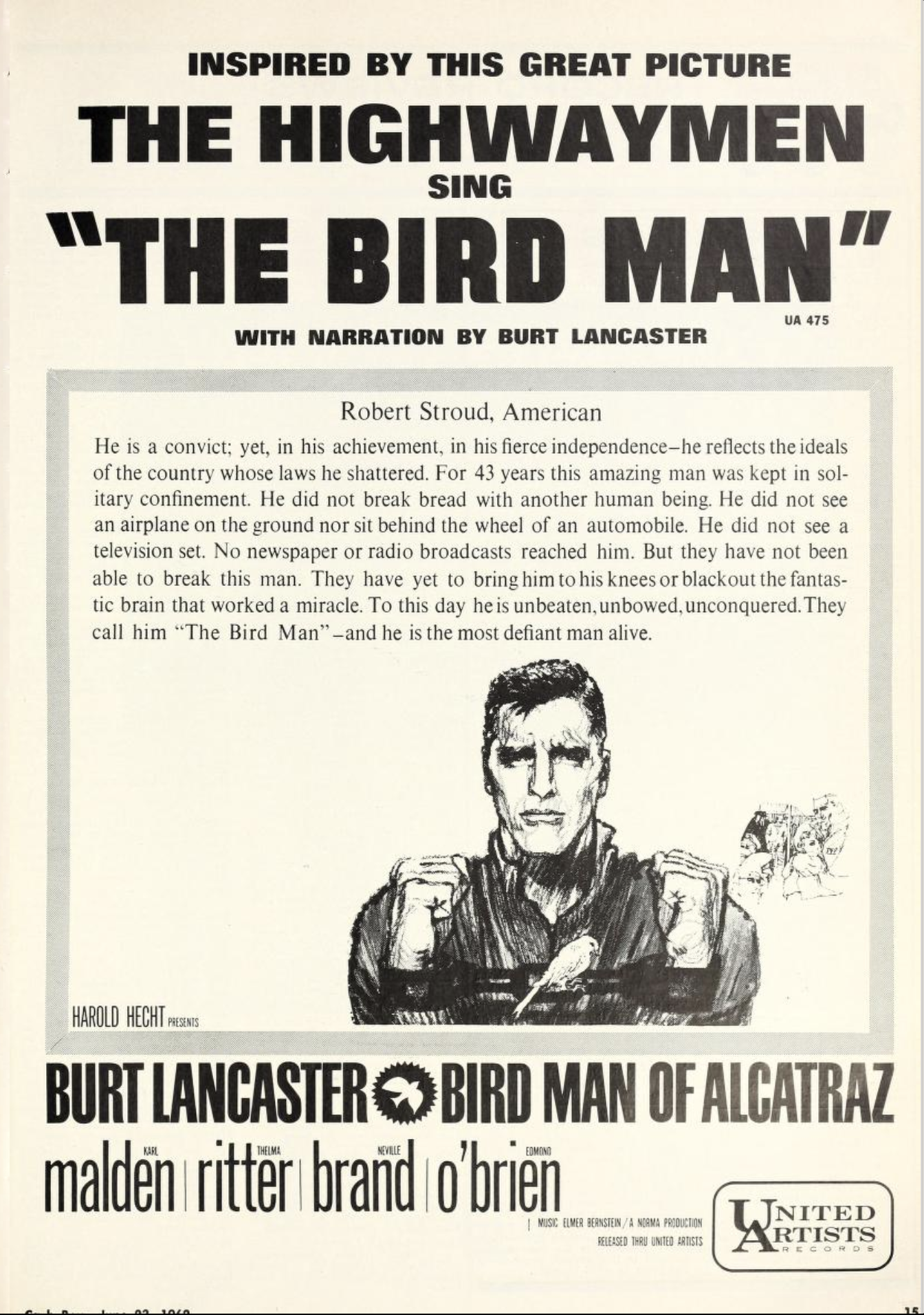
Posted By: Paul - Tue Jan 30, 2024 -
Comments (1)
Category: Animals, Crime, Movies, Music, 1960s
Face-O-Metrics
Jessica Krane was the inventor of "face-o-metrics." This was a technique for removing wrinkles by stroking your face. At least, Krane claimed that wrinkles would disappear.
I like that the blurb on the jacket of her book declares, "BASIC WOO is for you— and so is EXTENDED WOO!"
'Basic Woo' was one of her wrinkle-removal techniques, but of course 'woo' can also mean bunk, poppycock, etc. Was the highlighting of this word some kind of surreptitious message to readers from a copywriter?
My Macbook's dictionary notes that the meaning of 'woo' as bunk originated in the 1970s "probably in imitation of a wailing sound traditionally attributed to ghosts and humorously associated with mysticism and the supernatural." So, since Krane's book was published in 1969, 'woo' wouldn't have yet had it's modern meaning. Still, an odd coincidence.

You can read Krane's book online at archive.org.


Posted By: Alex - Mon Jan 29, 2024 -
Comments (1)
Category: Beauty, Ugliness and Other Aesthetic Issues, Books, 1960s, Skin and Skin Conditions
Wife asks separation from meowing husband

Holland Evening Sentinel - Apr 3, 1969
Posted By: Alex - Sun Jan 28, 2024 -
Comments (0)
Category: Divorce, Cats, 1960s
Follies of the Madmen #586
Posted By: Paul - Fri Jan 26, 2024 -
Comments (0)
Category: History, Advertising, Patent Medicines, Nostrums and Snake Oil, 1960s
“The Family Circus” Goes to War
No one likes to make fun of THE FAMILY CIRCUS more than I. In fact, if you go beyond the jump, you'll see a couple of samples of the re-captioned cartoons I frequently post on Facebook.But I have to say that I have new admiration for Bil Keane after reading about his somewhat gutsy and altruistic trip to Vietnam.

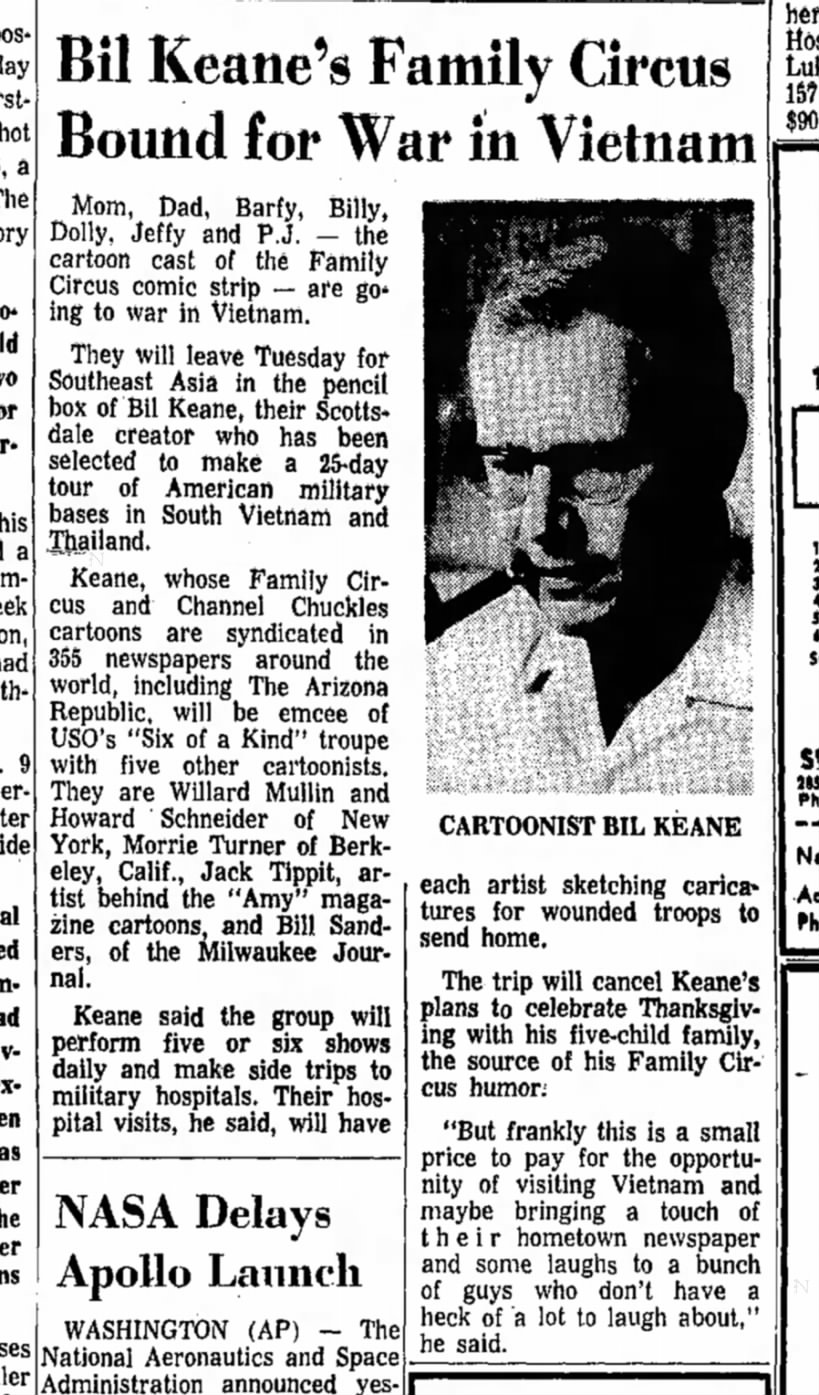

More in extended >>
Posted By: Paul - Mon Jan 22, 2024 -
Comments (2)
Category: War, Comics, 1960s, Asia
Sheaffer Pen accurately predicted the future
In 1963 and 1964, Sheaffer Pen ran an ad campaign in which they made a variety of predictions about future technologies of the 21st century. The company contrasted these technologies, which must have seemed a bit pie-in-the-sky at the time, with the timeless performance of a Sheaffer pen. The surprising thing is that all their predictions have come true: instant mail delivery, checkbooks that balance themselves electronically, portable visual phones, ring tape recorders, camera sunglasses, credit card rings, electronic translators.They don't all exist in the specific form that Sheaffer imagined (credit card rings?), but in each case the equivalent or better exists.





Newsweek - Sep 23, 1963
Posted By: Alex - Sun Jan 21, 2024 -
Comments (4)
Category: Technology, Advertising, 1960s, Yesterday’s Tomorrows
Miss Stacked Job
As far as I can tell, the term "stacked job" (as it was used in 1960s-era computing) was roughly equivalent to what today would be called 'batch processing'. It was a stack of jobs (or programs) to be run by the computer.When the Northern Arizona University Data Processing Club came up with the idea of awarding a young woman the title of "Miss Stacked Job," they admitted, "We didn't know how many, if any, girls would want the title." They ended up with ten contestants. Kathe Kline was the winner.
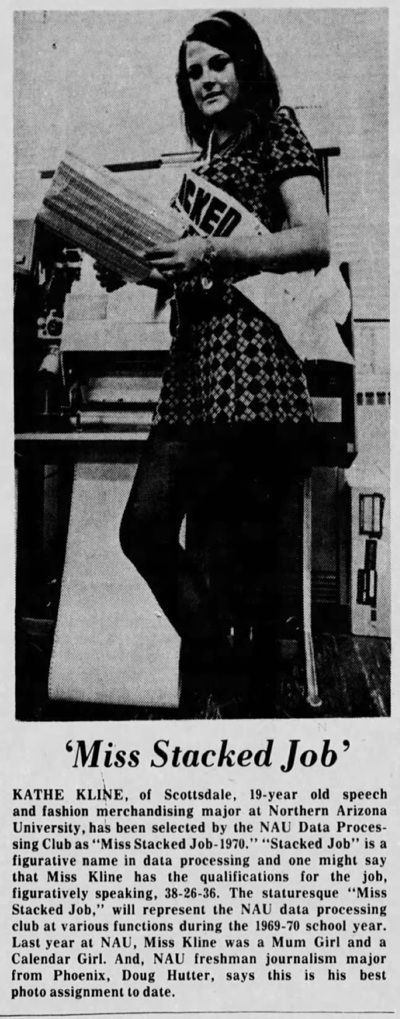
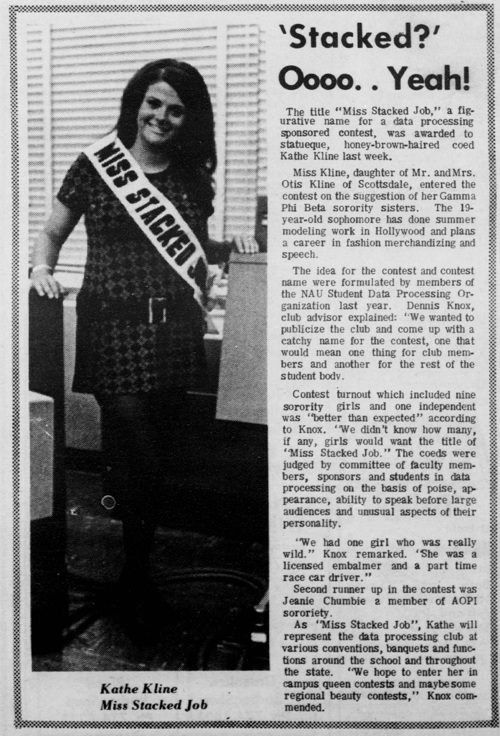
Posted By: Alex - Fri Jan 19, 2024 -
Comments (0)
Category: Awards, Prizes, Competitions and Contests, Computers, 1960s, Arizona

| Who We Are |
|---|
| Alex Boese Alex is the creator and curator of the Museum of Hoaxes. He's also the author of various weird, non-fiction, science-themed books such as Elephants on Acid and Psychedelic Apes. Paul Di Filippo Paul has been paid to put weird ideas into fictional form for over thirty years, in his career as a noted science fiction writer. He has recently begun blogging on many curious topics with three fellow writers at The Inferior 4+1. Contact Us |




